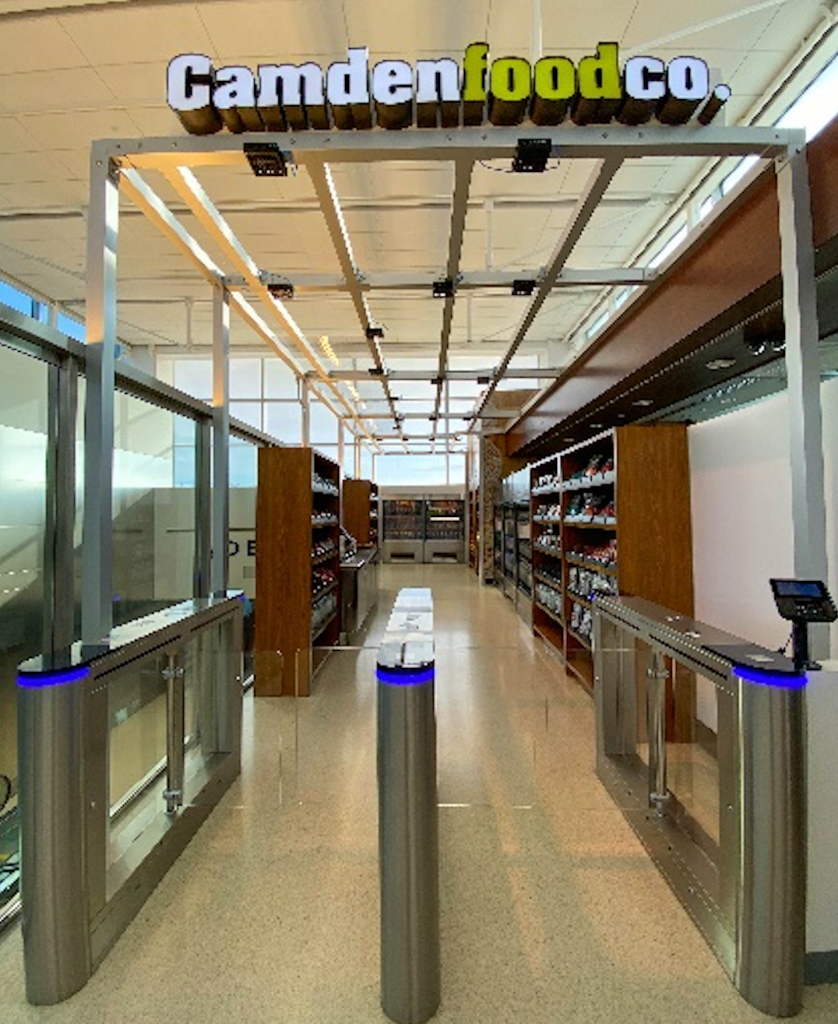According to a new report from the Good Food Institute (GFI) examining plant-based meat sales in the U.S. food service sector, sales of meat derived from plants sold to restaurants and other food service institutions hit $730 million in 2022, up 7.8% and $53 million in total dollars compared to the previous year. GFI also says that total U.S. retail sales for plant-based meat – still the biggest overall category – remained flat at $1.4 billion last year.
The GFI report detailed total U.S. sales of plant-based meat, including food service, retail sales, and e-commerce. According to the report, total plant-based meat sales revenue grew slightly from $2.1 billion in 2021 to $2.2 billion in 2022, amounting to an increase of 2%. However, while total plant-based meat revenue was up year over year, GFI’s report says that total pounds of U.S. plant-based meat sold dipped slightly from 349 million to 336 million in 2022, a dip of 4%.

If you’re curious how total revenue went up while pounds shipped went down, that’s due to price increases for plant-based meat brought on by inflation. According to GFI, wholesale prices for plant-based meat in broadline distribution increased by 4% in 2022 over the previous year, half that of the 8% increase in prices for animal-based meat products. Animal meat product price increases were in line with the estimated increase in food service pricing, which was an estimated 8% in 2022. According to GFI, overall plant-based meat price per pound has decreased by 11% since 2019, which they attribute to increased scale and more favorable sourcing agreements with distributors.
GFI also broke down where plant-based meats were sold in the food service category. According to the report, 39% of alternative meat was sold through quick-service restaurants (i.e. fast food), while full-service restaurants accounted for 19%. Education came in a distant third, accounting for 16% of plant-based meat sales in the food service category for 2022.
You can read the full GFI report here.








































